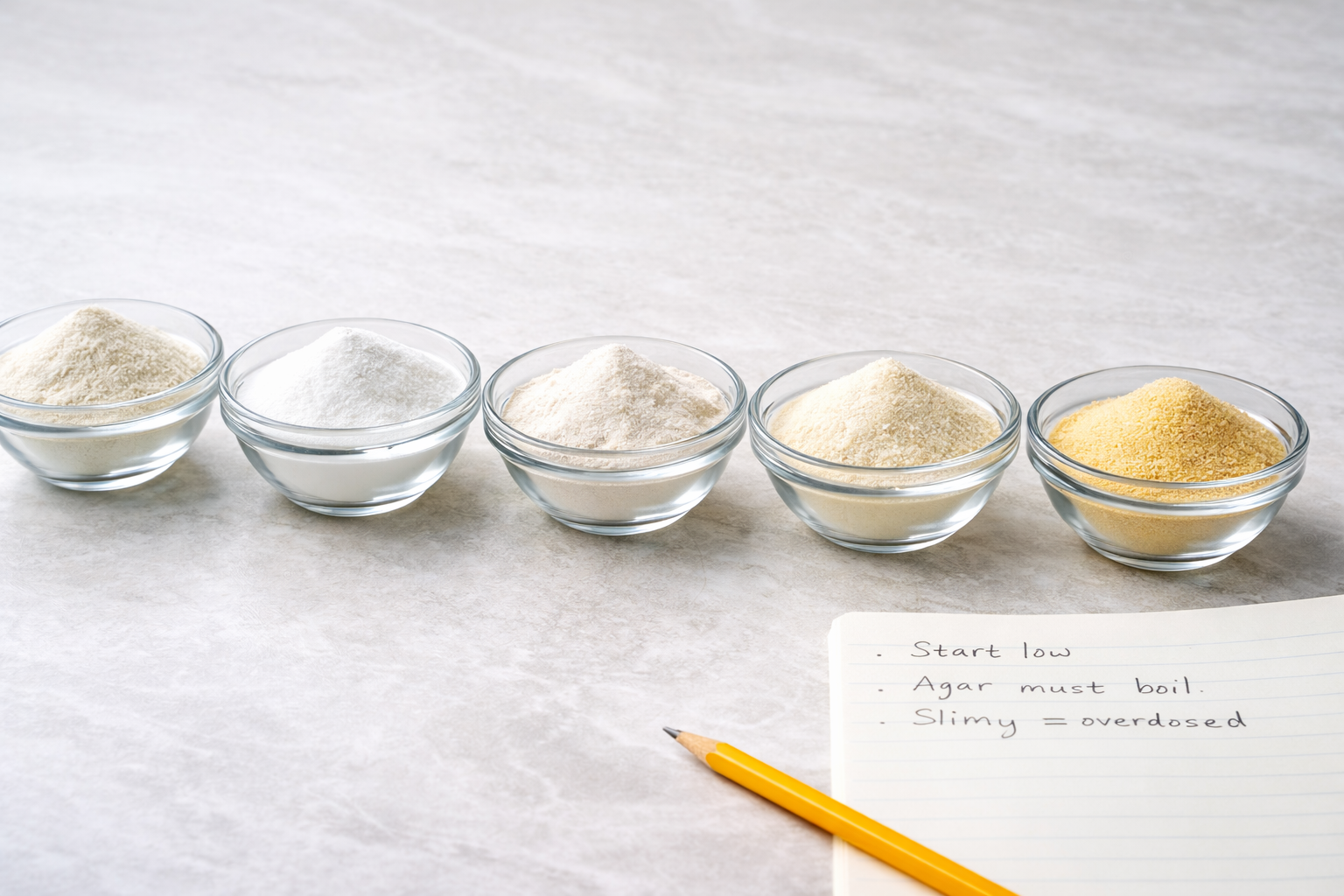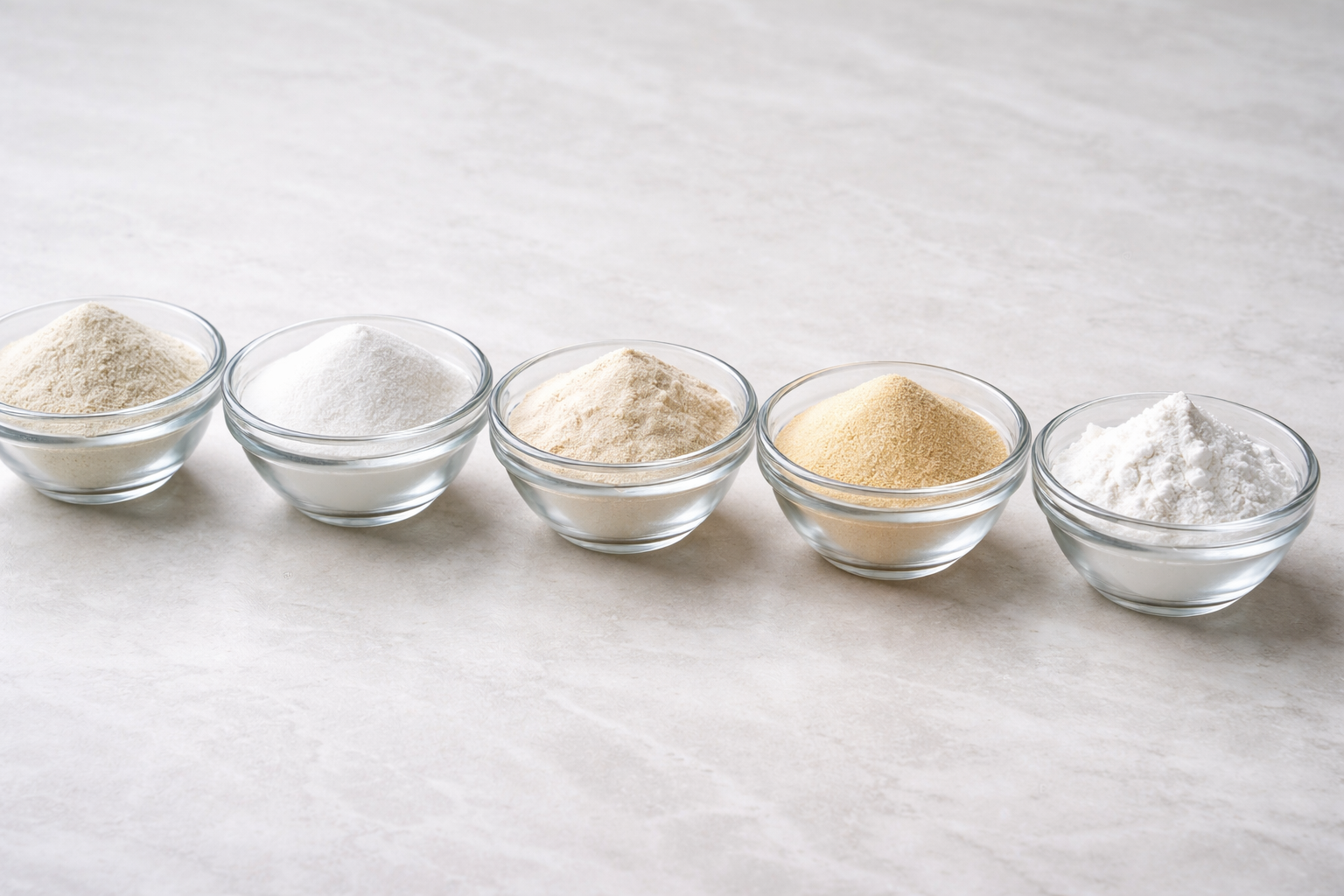
Citric Acid The Solution to Common Lemon Water Mistakes People Make
SUBSCRIBE TO OUR BLOG
Promotions, new products, and recipes.
Lemon water has become a daily ritual for millions of Americans — from morning detox routines to refreshing all-day hydration. But even though lemon water seems simple, many people unknowingly make mistakes that reduce its benefits or damage their teeth.
Because lemons naturally contain citric acid, it’s also possible to enjoy the same refreshing taste using food-grade citric acid — with more consistency, convenience, and control.
In this article, we’ll break down the 4 most common mistakes people make with lemon water — and how using citric acid for food can help avoid them.
This guide is especially useful if you’re thinking about whether to Buy Cape Crystal Brands Citric Acid Food Grade or if you already use lemon-based drinks daily.
Mistake #1: Using Too Much Lemon and Making the Drink Too Acidic

Many people squeeze an entire lemon into one glass of water. That sounds healthy, but lemons are extremely acidic. High acidity can:
- Wear down tooth enamel
- Cause sensitivity
- Create irritation for people with reflux or sensitive stomachs
Where citric acid helps:
Food-grade citric acid allows you to control the acidity perfectly. You can add a tiny pinch (citric acid food preservative levels are usually 0.1%—1%) to get the same sharp taste without over-acidifying the drink.
It’s a consistent, predictable alternative — unlike lemons, which vary in sourness, ripeness, and size.
Mistake #2: Drinking Lemon Water on an Empty Stomach Every Morning
Many people drink strong lemon water first thing in the morning because they believe it “boosts digestion.” While it’s refreshing, highly acidic drinks on an empty stomach can feel harsh for some individuals.
The benefit of using citric acid for food is that you can start very mildly, adjust slowly, and avoid unnecessary stomach discomfort — and this is one of the most practical uses for citric acid, especially when you want controlled acidity without overdoing it.
Mistake #3: Expecting Lemon Water to Be a Detox or Weight-Loss Miracle
Lemon water is hydrating and flavorful — but it is not a magic detox or weight-loss weapon. The real benefit comes from drinking more water, staying hydrated, and avoiding sugary beverages.
Citric acid itself is widely used in U.S. foods, beverages, and supplements as a flavor enhancer and natural acidifier. But it’s not a fat burner or detox agent.
What it does offer is:
- Clean, bright taste
- Shelf-stable convenience
- Ability to create consistent homemade drinks
For many health-conscious consumers, that’s more practical than relying on perishable lemons.
Mistake #4: Using Bottled Lemon Juice or Old Lemons
Most bottled lemon juices lose flavor quickly, oxidize, and often include additives.
Fresh lemons also spoil fast, taste inconsistent, and can be expensive depending on the season.
That’s why many U.S. households, food creators, and cooks are switching to citric acid food preservative alternatives.
Food-grade citric acid offers:
- Longer shelf life
- Pure taste
- Easy storage
- Consistent acidity
- No added sugars or artificial ingredients
If you make lemon water daily, this is a much more affordable and precise option.
Why Citric Acid Is a Smart Alternative to Lemon Water

Food-grade citric acid gives you:
1. Consistency
Every scoop tastes the same. No more guessing if the lemon is weak or overly sour.
2. Cost Savings
A small bag lasts for months compared to buying lemons every week.
3. Versatility
You can use it for:
- Homemade drinks
- Canning
- Pickling
- Baking
- Preserving fruits
- Candy making
- Cleaning
- Bath bombs
- Skincare pH adjustment
This is why many people prefer to Order Cape Crystal Brands Citric Acid Food Grade online—it’s extremely multipurpose.
How Does This Relate to Natural Food Preservatives?
Citric acid is one of the most widely used natural food preservatives in the U.S.
It helps control pH, prevent spoilage, and maintain freshness in:
- Jams & jellies
- Canned foods
- Drinks & soft beverages
- Fruit preparations
- Syrups and sauces
This makes it a cleaner, simpler alternative to artificial preservatives — and one of the most trusted ingredients in modern food processing.
Citric Acid: A Comprehensive Guide to Its Uses and Benefits
Using Citric Acid in your Recipes: Tips and Techniques for Home Canning
Thinking About Trying Citric Acid?
If you want a convenient, consistent, and shelf-stable way to enjoy lemon-like drinks — or if you use acidity in cooking — you can Buy Cape Crystal Brands Citric Acid Food Grade or Order Cape Crystal Brands Citric Acid Food Grade online.
This gives you:
- Pure, food-grade quality
- Long shelf life
- No additives
- Perfect control over acidity
It’s the easiest way to enjoy lemon flavor without depending on fresh lemons every day.
Frequently Asked Questions
1. Is citric acid safe to use as an alternative to lemon water?
Yes, food-grade citric acid is widely used in U.S. foods and beverages as a natural acidifier, flavor enhancer, and preservative. When used in small, controlled amounts, it offers a consistent lemon-like taste without the variability of fresh lemons. Always start with a very small quantity and adjust to taste.
2. How much citric acid should I add to water for a lemon-like flavor?
Most people start with a tiny pinch (about 1/8 teaspoon or less) in a full glass of water. Citric acid is stronger and more concentrated than lemon juice, so it’s better to start mildly and adjust slowly. This is one of the most common uses for citric acid in homemade drinks.
3. Why do people make mistakes with lemon water in the first place?
Because lemons vary in size, ripeness, and acidity, many people unintentionally over-acidify their drink, damage tooth enamel, or consume strongly acidic water on an empty stomach. Citric acid helps avoid these issues by offering predictable, controlled acidity.
4. Can citric acid be used as a natural food preservative?
Yes. Citric acid is one of the most widely used natural food preservatives in the U.S. It lowers pH, enhances flavor, and helps maintain freshness in drinks, canned foods, fruits, sauces, syrups, and more. This makes it useful far beyond lemon-water recipes.
5. Where can I buy food-grade citric acid for daily use?
You can Buy Cape Crystal Brands Citric Acid Food Grade or Order Cape Crystal Brands Citric Acid Food Grade online for easy home use. It’s shelf-stable, convenient, and ideal for drinks, cooking, baking, cleaning, and preservation.

|
About the Author Ed is the founder of Cape Crystal Brands, editor of the Beginner’s Guide to Hydrocolloids, and a passionate advocate for making food science accessible to all. Discover premium ingredients, expert resources, and free formulation tools at capecrystalbrands.com/tools. — Ed |
Enjoyed this post? Subscribe to The Crystal Scoop
Food-science tips, ingredient know-how, and recipes. No spam—unsubscribe anytime.
- Choosing a selection results in a full page refresh.



